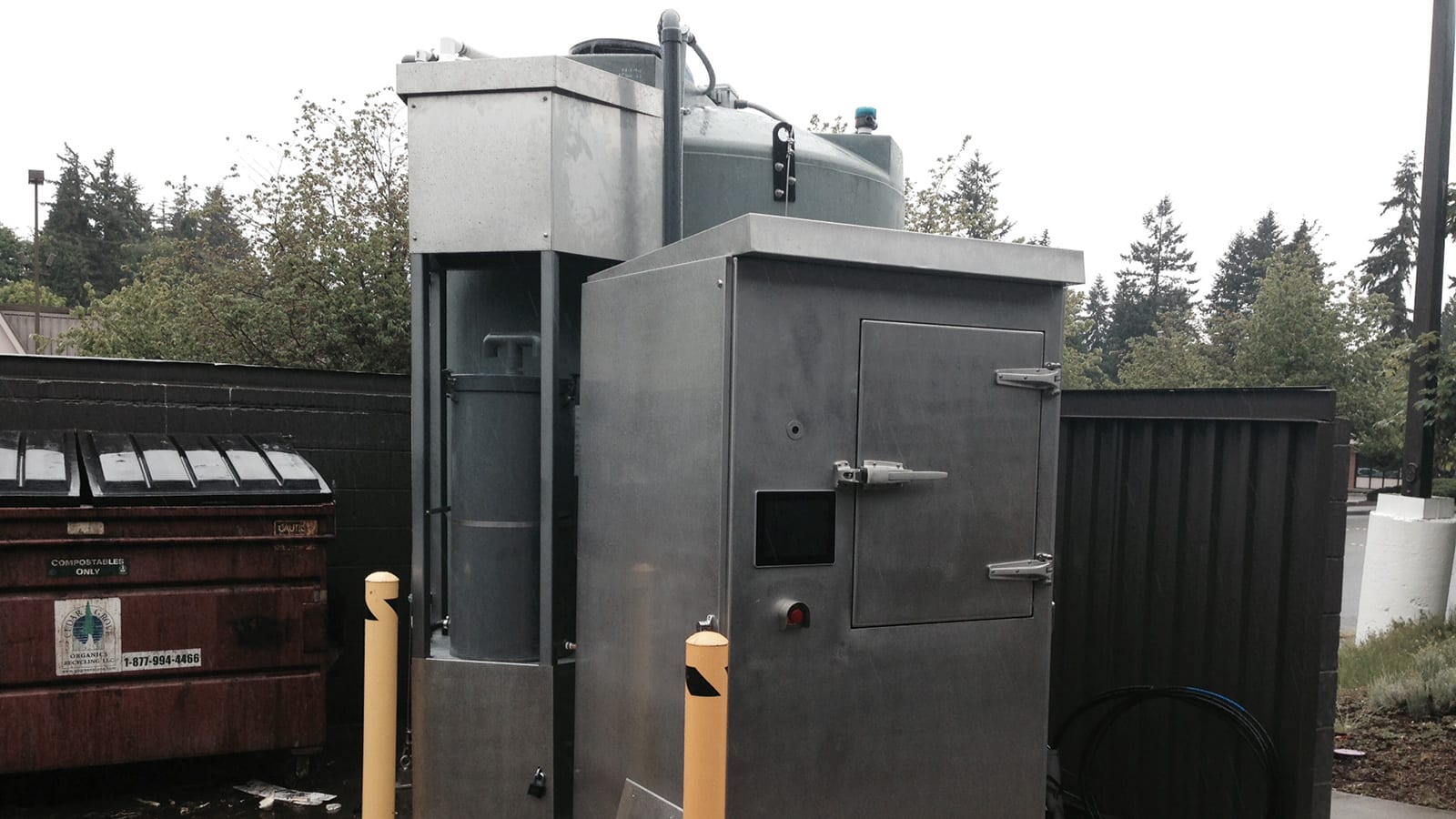Taking on food waste
This article was originally published in February 2018

More than 1.3 billion tons of food is wasted worldwide each year, about one third of the annual food that is grown. In the United States alone we waste more than $160 billion worth of food per year, most of it ending up in municipal landfills. Food waste is not only a waste of money, but it is also a systemic waste — good food is not getting to those who desperately need it. Wasted food in landfills also releases methane, increasing our carbon footprint and harming global health.
At PCC, we minimize food waste in all our stores by rescuing as much food as we can and composting what we cannot keep. We have also made strides to decrease food waste internally by improving the ways that we prepare food. For example, in our deli we’ve reduced waste by 40 percent since 2012. In addition to donating and composting extra food, our waste reduction has been achieved by studying customer demand and producing what we expect to sell, rather than the towering displays found in conventional grocery stores. So, while it is possible that we may be out of stock of your favorite salad or cookie while the next batch is being prepared fresh in the kitchen, you can feel secure that each batch is planned in a respectful size to minimize waste. You can also be confident that the food for sale has been recently made and is top quality.
Grocery rescue
We provide grocery rescue in all our stores through our 13 local food bank partners who pick up foods past their sell-by dates and any produce that cannot be sold. All foods that cannot be sold go through the grocery rescue diversion process. Any food that is high quality and fit for human consumption is donated to our food bank partners. If the food is not fit for human consumption, then it does not go to food banks.
Composting food waste
Food that is no longer fit to eat still is not thrown away but is composted instead. We have composting in our stores and encourage all our members to compost uneaten leftovers, rather than put food in the trash.
Our Columbia City, Edmonds, Redmond and Bothell stores participate in a unique composting program through a partnership with the WISErg Corporation. Based in Redmond, WISErg is reinventing food waste management by harvesting nutrient-rich food scraps and using them to create organic fertilizers that can be used to grow more food.
The WISErg composting machines are large metal storage tanks with built-in sensors that track food waste. The machines are designed to liquefy mass amounts of food scraps, including animal products, into a nutrient-rich slurry that the company converts into fertilizer. The company also uses data to identify and track sources of waste, helping to facilitate overall food waste reduction.
We are proud to be doing our part to prevent the waste of edible food and to keep the food waste out of our landfills and within our food ecosystem.
